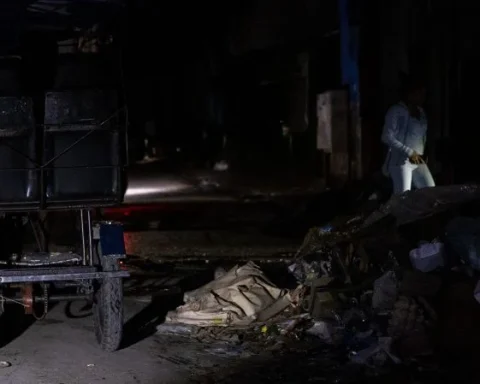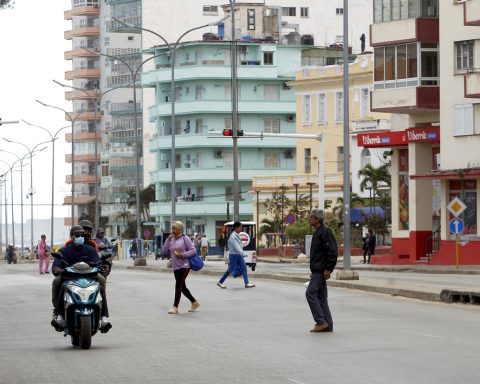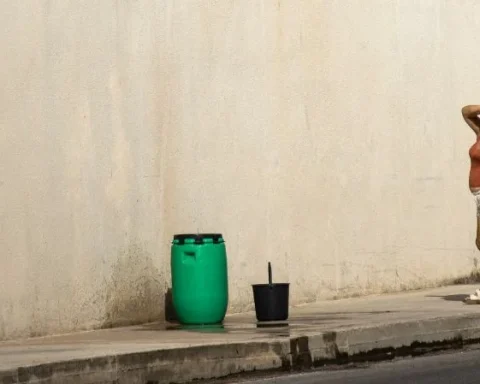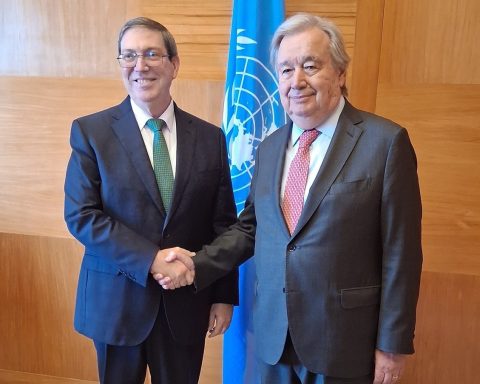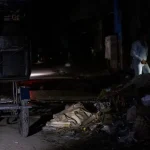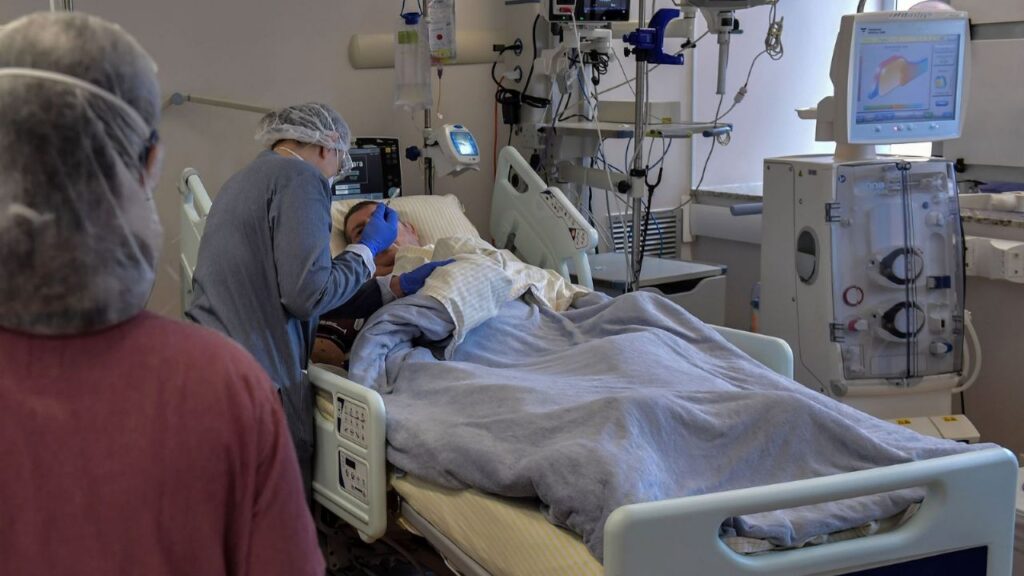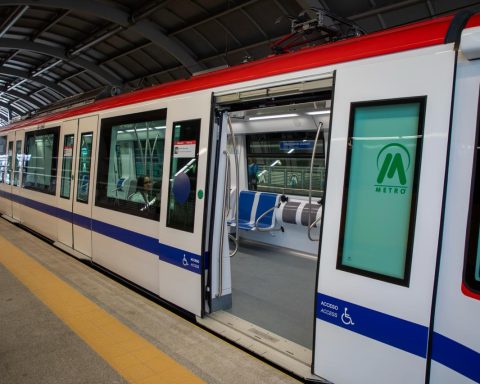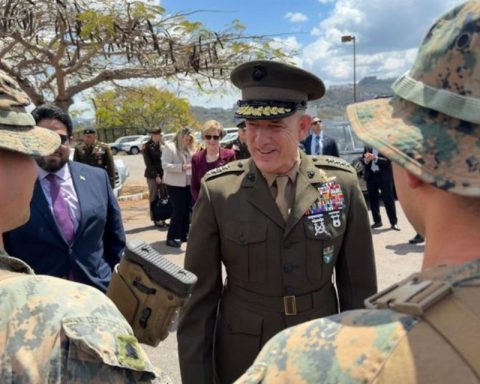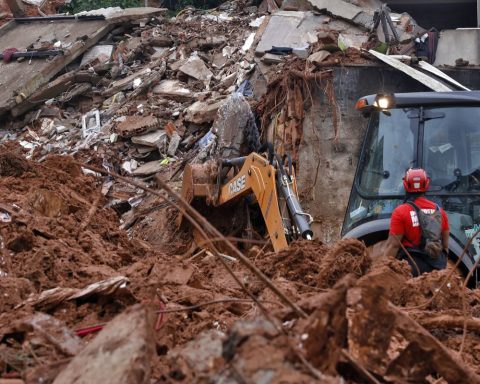By Julio Morejon Tartabull
Journalist for the Africa and Middle East newsroom of Prensa Latina
Undoubtedly, these are times of intense political-military activity in the strip adjoining the Sahara – which today concentrates the daily attention due to the escalation of terrorist violence that it registers, mainly in its western zone – and due to the overthrow of two presidents, in Mali and in Burkina Faso.
The subregion is shaken by the palpable erosion of security, denounced in 2021 and without changes at the beginning of this year, when not only the instability in the institutional fabric hurts, but also in terms of humanitarian fragility, climatic effects and a suspicious progression of tribal rivalries.
This mosaic illustrates a change of era in the Sahel, an ecoclimatic scenario of some 5,400 square kilometers in length that crosses the African continent from the Atlantic Ocean to the Red Sea, with an area of 5,53,200 square kilometers.
Without excluding any of its 10 countries, it is subject to tensions that are also worrying for Europe, whose geopolitics identifies it as part of the strategic southern border.
It is that this territory has been transformed from a landscape of nomadism motivated by mercantile movement in the field of subsistence economy in what the West classifies as a “breeding ground for terrorism” which, if it spreads, threatens to cross the Mediterranean.
EUROPEAN PERCEPTION
The escalation of confessional fundamentalist violence in the Sahel is worrying and promotes a counterpoint between the former European metropolises on how they should act in the face of the phenomenon when the military option, it seems, is lacking many incentives and even great benefits.
The inspector general of the German Armed Forces -equivalent to chief of the General Staff- Eberhard Zorn, reiterated that the extremist threat is increasing in Mali, where there is a strong contingent of troops to combat armed groups with distorted Islamic affiliation.
This criterion is shared by other members of the European Union (EU) and, although there is not complete unanimity when it comes to dealing with the issue of confronting such an escalation, they do coincide in identifying it as a danger of belligerence in the south of the Old Continent.
The correct thing is to locate in time and space the causes of the outbreaks of radical detachments 11 years ago: EU countries and Arab allies unleashed a war against the government in Libya of Muammar Gaddafi, who was assassinated with a trick in which combatants participated anti-government, mercenaries and spies.
That assassination in 2011 prompted the breakdown of the existing security barrier south of the Sahara, in the semi-desert Sahelian strip, which corroborated the separatist uprising of the Tuareg movements, an uprising that was later hijacked by the extremists gathered under an alleged religious call: Jihad or Islamic Holy War.
The breaking of the retaining wall today acts as a boomerang, a weapon that, after hitting its object of attack, returns to the hands of the person who launched it, that is, it now suffers from the apprehension of a process that, in current language, means a dangerous collateral effect of the military adventure against Libya.
SOURCES OF TERROR
One of the explanations for the emergence of terrorist hotspots is their multicausal nature, which includes socioeconomic marginalization, which causes poverty on the outskirts, where almost instinctive violence is promoted at the same speed that misery grows, a kind of reaction conditioned by narrowness in a world of ambitions.
Another element is less immediate, the ideological aberration manipulated from the fusion of cultural ignorance and misrepresentation of ultraterrestrial ideals with the scarcity of opportunities for the development of individual and collective personality, a combination that in the long run generates frustration and thirst for revenge.
There are also essential and/or conjunctural aspects related to the sense of belonging and loyalty to communities that were outdated or lagged behind in the historical processes in the formation of nationalities, and now claim their space and importance in the framework of the contemporaneity
But together with these conceptual precisions, other components cannot be lost sight of, such as fanaticism and the specific power interests of sectors that also move the terrorist machinery, often towards uncertain but very harmful destinations.
In the case of the Sahel, terror operates as a bloody continuity solution to a permanent crisis, made worse by the replacement of official structures, while there are no clear replacements, as is the case with the military mutinies, which until now have only proposed provisional solutions to the vital and longstanding problems of the area.
To relieve the pressure of this cauldron, fundamental transformations are required that address the Sahelian security situation as a comprehensive matter, although without discarding particularities.
However, while the solution to the problem of underdevelopment seems to have been overlooked, the military option prevails to restore the bases of security, a dubious exit from the tunnel when interpreted as the only one, which shows that it is not as accurate to eradicate the danger in the subregion. semi-desert.
While the West votes to fight back through force in the Sahel, the image of failure is a specter that wanders with the soldiers of foreign missions, mainly made up of European military, but also with others decided by the United Nations Security Council.
The current discrepancies between Bamako and Paris configure a new scenario for the entire Sahel strip, especially among Francophone nations, with which the former metropolis has pacts in the field of security, but also affect the Economic Community of States of West Africa (Cedeao).
Likewise, the African Union, which recently held a summit meeting with the EU, will be obliged to take note of the upcoming developments and challenges in the sub-region, in the sub-Saharan zone as such and, by extension, in this regard. across the continent.
rmh/to/mt
